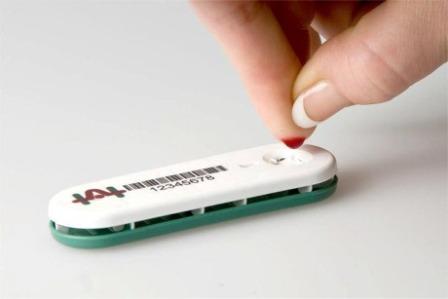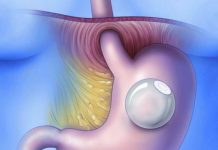Have you been in close touch with HIV positive person recently? HIV is the cause of AIDS and is transmitted through the blood, semen, saliva, breast milk or other body fluids by direct contact with an infected person. HIV or Human Immunodeficiency Virus is a virus that causes AIDS or Acquired Immunodeficiency Syndrome that attacks the immune system of the body and is fatal ultimately.

Why should you test yourself for HIV
In case you have been in contact with an HIV positive person, you should check yourself too to rule out the possibility of being infected. If you test negative then it will make you tension free and you should take steps to protect yourself from getting infected. If on the other hand you test HIV positive then you can start medication that will postpone the emergence of diseases due to the presence of the virus.
Where can you do your test for HIV
You could go to a HIV testing centre or clinic for testing your blood or sputum or even urine. If you do not want to go to a public clinic ordoctor’s chamber for conducting the test then there are other options available. HIV tests can be done in the privacy of your home now.
The correct method of testing
The home HIV testing kit can be purchased at about $40. The test involves a prick of the finger for a sample of blood. The sample is then put on a blotter pad and sent off for testing in a paid envelope. The booklet provided with the kit gives a toll free number. You should call this number and enter the ID code. An operator will then discuss your HIV Test results with you. The results take about 7 days to be out.
Other home tests are available on the net that may include mouth swabs or testing kits with a litmus tester that can give you results in about 20 minutes. These tests are about 92% accurate in their results. However, you need to follow up the home test with a PCR test and a Western blot to confirm your results.
The testing should be done once in 6 months, because the HIV antibodies need about four to six weeks to develop and may take longer. Therefore, continuous and repeated recheck is required to rule out the later development of the virus in the body.
Photo Credit By: gbmnews.com











